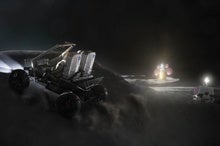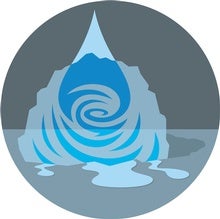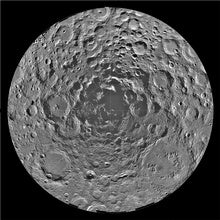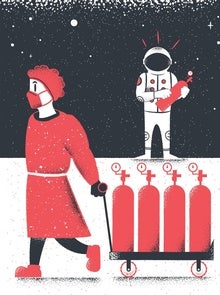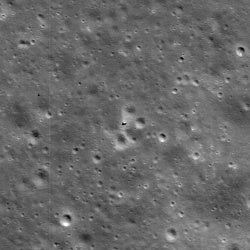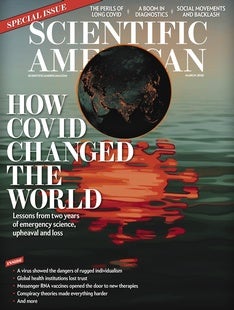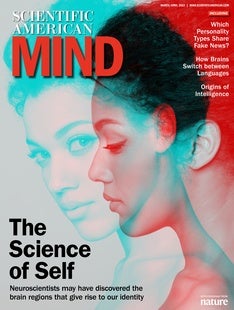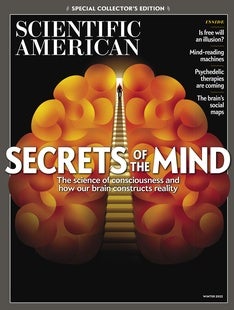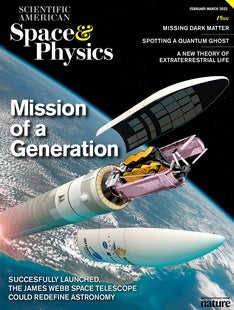 |
| February 17, 2022 |
Dear Reader,
This week, we're thinking about the past and future of wheels on other worlds. Our lead story recaps the ongoing odyssey of the Perseverance rover, which on February 18 will mark its one-year anniversary on Mars. From there, read our piece about how NASA and other space agencies are pursuing partnerships with carmakers to make—or retrofit from commercial vehicles—a new generation of electric-powered rovers for interplanetary exploration. We also have stories about the physics of Olympic figure skating, how the coronavirus pandemic has disrupted rocket launches, a newfound planet around a neighboring star and more. |
| |
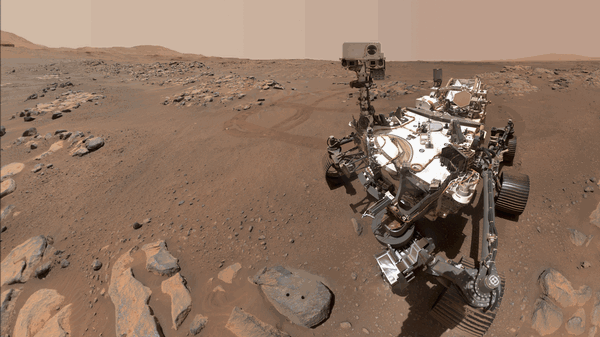 |
| |
| |
| |
| |
| |
| |
| |
| |
FROM THE STORE
 | | Black Holes: Going to Extremes Once dismissed as a mathematical curiosity, black holes are so strange they almost defy belief. Since their existence was confirmed, research into the nature of black holes has opened up new vistas in physics, and in this eBook, we examine some of the most fascinating discoveries about black hole formation and behavior, the new and evolving research in gravitational wave astronomy, theoretical possibilities such as wormholes and much more. |  | | |
| |
| |
FROM THE ARCHIVE
 | | | |
LATEST ISSUES
 |
| |
| Questions? Comments?  | |
| Download the Scientific American App |
| |
| |



